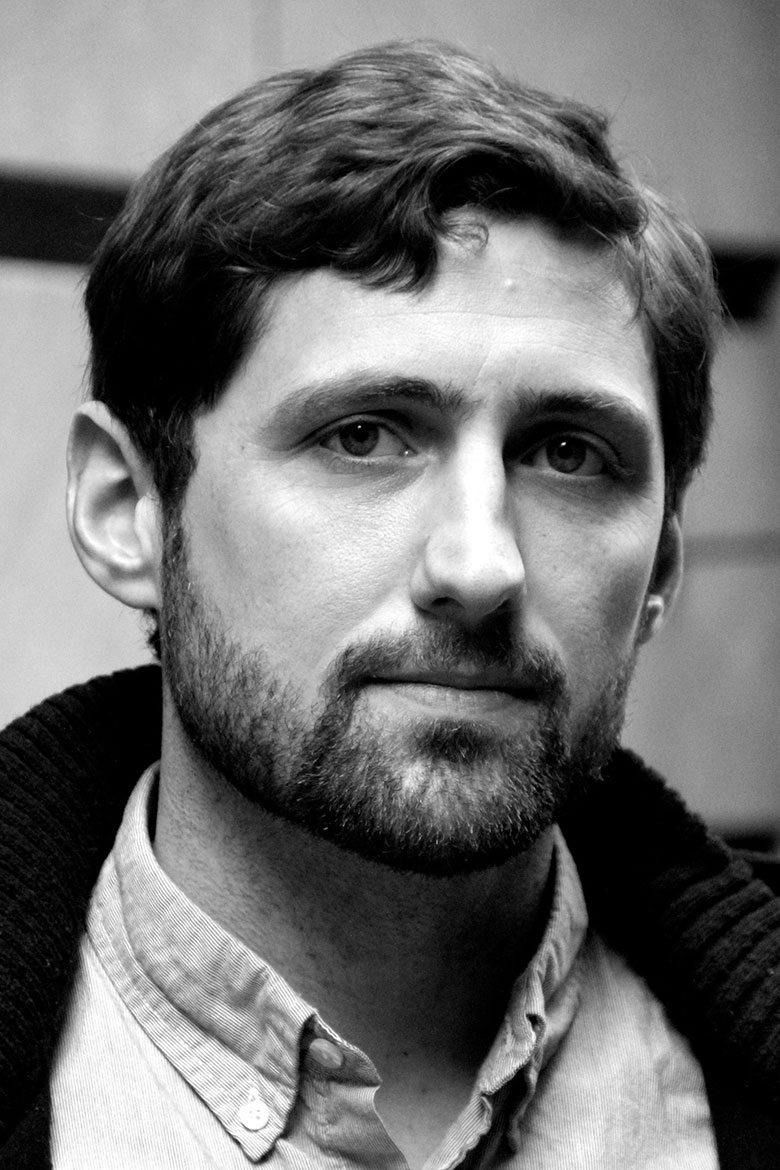Award-winning authors to discuss writing about war at Stanford Live event
Poet Natasha Trethewey and fiction writer Phil Klay will read selections from their works and join Stanford political scientist Scott Sagan in conversation on June 30 at Bing Concert Hall.
This year marks both the 150th anniversary of the end of the Civil War and the 14th year that U.S. troops have been engaged in conflict since 9/11. How have American writers portrayed the face of battle? What lessons have they learned from their writings about how humans remember or forget the past, and how do the controversies about these wars continue to haunt us still?

Poet Natasha Trethewey will read from her Pulitzer Prize-winning Native Guard as part of the Writing About War program. (Image credit: Courtesy Stanford Live)
On Tuesday, June 30, award-winning authors Natasha Trethewey and Phil Klay – both known for their acclaimed war-related works – will explore these topics in an evening of readings and conversation. The free program, titled Writing About War, is co-presented by Stanford Live and the Center for International Security and Cooperation (CISAC) at Stanford, and is part of a workshop on New Dilemmas of Ethics, Technology and War sponsored by the American Academy of Arts and Sciences.
Writing About War begins at 6 p.m. in Bing Concert Hall, with opening remarks by Jonathan Fanton, president of the Academy.
“One of the traditions of the American Academy, from its earliest days in the 18th century, is to bring together scientists, social scientists and humanists to address pressing issues of national importance,” says Stanford political science Professor Scott Sagan, a senior fellow at CISAC and at the Freeman Spogli Institute for International Studies. Sagan will moderate the discussion.
“Political scientists and historians often study how the evolution of military technology influences politicians and generals who decide to go to war,” Sagan adds. “But it is the novelists, the poets and the short story writers whose work helps us better understand how changes in military technology influence the soldiers and the noncombatants on the battlefield and after wars end.”

Veteran Phil Klay will read from his short story collection Redeployment, which won the 2014 National Book Award for fiction, at the event. (Image credit: Courtesy Stanford Live)
Klay, a U.S. Marine Corps veteran who Sagan calls “a remarkable new voice in American literature,” will read from his 2014 National Book Award-winning Redeployment, a collection of short stories that portray war and its aftermath through the memories of ordinary soldiers and officers fighting in Iraq. The characters in these stories struggle to make meaning out of chaos in tales interwoven with themes of brutality and faith, guilt and fear, helplessness and survival.
Born in Gulfport, Mississippi, on April 26, Confederate Memorial Day, Trethewey could hardly have escaped learning about what the American Civil War represented. The 19th U.S. Poet Laureate will read from her 2007 Pulitzer Prize-winning book, Native Guard, which was inspired by a real diary of a Union Army officer. Trethewey’s “haunting poems about the experiences of black Union soldiers,” Sagan describes, “open our eyes to an important part of our nation’s history that is too often forgotten.”
The event on June 30 also speaks to the larger idea of using art to communicate veterans’ trauma, loss and healing – one of the core themes that will be explored through Live Context: Art + Ideas during Stanford Live’s 2015-16 season.
“As America’s foreign military involvements stretch on seemingly without end, our country’s returning veterans are in our consciousness more and more, as they are for the artists with whom Stanford Live has relationships,” says Wiley Hausam, executive director of Stanford Live. “The War: Return and Recovery theme emerged from this convergence.”
It’s a theme that will be anchored by two new works planned by Hausam: the concert premiere of Stanford faculty composer Jonathan Berger’s My Lai on Oct. 10, based on the tragic 1968 massacre during the Vietnam War; and a dance creation by choreographer Joe Goode titled to go again for the Oakland-based AXIS Dance Company on April 23, featuring the stories of several American veterans who have recently returned home from war told through a combination of movement, music and text. Additional related events will be announced in the fall.
Writing About War is free and open to the public. For more information or to make advance reservations, visit Stanford Live online.
